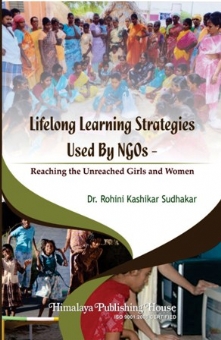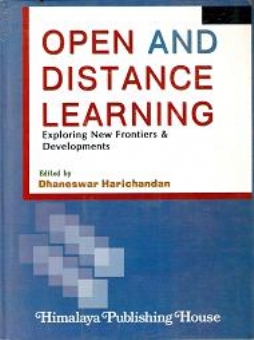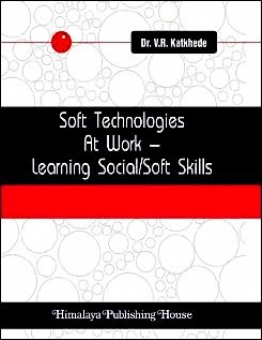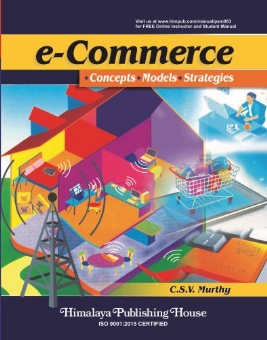Lifelong learning is more than just education and training; it is beyond formal schooling. It encompasses learning throughout life in different learning environments. Lifelong learning aims to provide every citizen many ways and methods of learning at all stages of their age. Lifelong learning, in general, demands for continuous development of skills, knowledge and attitude that are needed, particularly in working life.
India is facing a lot of social problems like beggary, child labour, child sexual abuse, child and women trafficking, poverty, un-employment, illiteracy especially among women, lack of good quality education for all, direction less youth, unskilled labourers, women in distress, HIV affected and infirm persons, juvenile delinquency, adoption, problem urban slum residents, lack of basic amenities for rural areas, neglect and abuse of elderly people, etc. As a developing nation, India has human resources but material resources needed for the growth of its citizens are limited. Government cannot reach out to every needy person. Government employment is decreasing day by day. Further, most of them are doing multi-tasking as well. Therefore, NGOs are increasingly becoming an important force. NGOs are efficient, effective, innovative, participative, flexible, independent, and responsive to the problems of poor people at the grassroots level.
Contents –
1 . Introduction and Background
2. Lifelong Learning: Role of NGOs inWomen’s Education
3. Brief Profile of NGOs Involved in Providing Educational Opportunities to Unreached Girls andWomen
4. Profile of Participants and Instructors Involved in Lifelong Programmes of NGOs
5. Strategies Used by NGOs to Educate Unreached Girls and Women of Maharashtra
6. Findings and Conclusions
Annexure:
I. Dept. of Continuing and Adult Education, SNDT Women’s University, Mumbai
II. Dept. of Continuing and Adult Education, SNDT Women’s University, Mumbai
III. Dept. of Continuing and Adult Education, SNDT Women’s University, Mumbai
Bibliography






